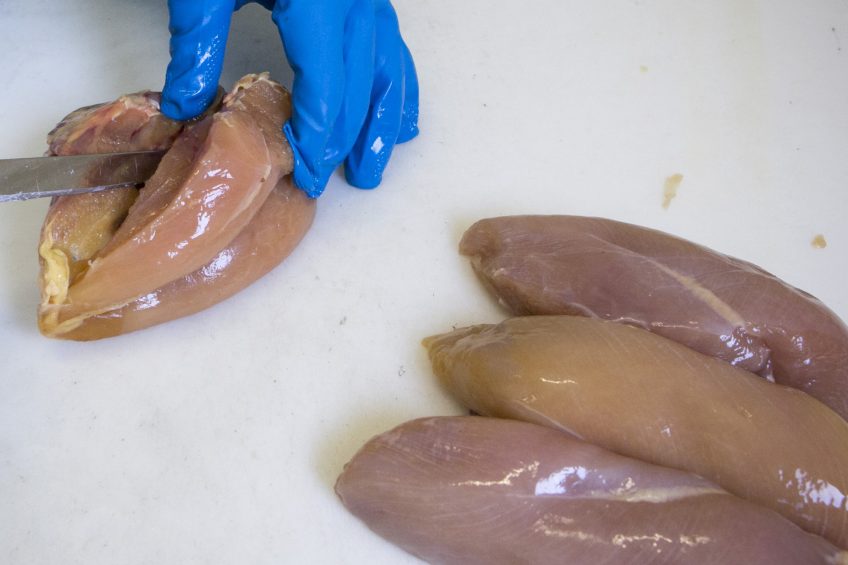EC at loggerheads with Brazil over Salmonella in poultry

The European Commission’s (EC) decision to ban meat imports from 20 Brazilian plants is believed to be due to concerns over imports of poultry meat containing Salmonella.
It is concerned that the South American country is not doing enough to address the risks posed by Salmonella.
The ban affects between 30-35% of Brazil’s meat exports to the EU and has angered the Brazilian government, which has vowed to challenge the ban.
The Commission issued a notification this week that a consignment of frozen salted chicken half breasts from Brazil had been rejected at the German border because of the presence of Salmonella that had been tested on 12 March.
Delisting 20 Brazilian establishments
It said last week: “We confirm that the Member States voted (by unanimity) in favour of delisting 20 Brazilian establishments from which imports of meat and meat products (mainly poultry) are currently authorised.
“The measure proposed by the European Commission relates to deficiencies detected in the Brazilian official control system,” said the statement.
Brazilian Agriculture Minister Blairo Maggi said this week: “Our complaint is that the European Commission says it is a health issue, but if Brazil pays a tariff of €1,024 per ton and sends everything as fresh meat, it goes without any problems.
“So, it’s not a health issue, and that is what we are going to complain about at the World Trade Organisation (WTO),” he said.
Shipments of salted products (with only 1.3% salt added) are required to meet the criteria for analysis of more than 2,600 types of Salmonella. Product without salt added is only analysed for two types of the pathogen.
The Brazilian trade organisation ABPA called the decision “disproportionate and inconsistent” with rules in the WTO Sanitary and Phytosanitary (SPS) Agreement.
The proposed ban affects 12 BRF plants and the announcement prompted the resignation of the newly appointed CEO Jose Aurelio Drummond Jnr, just three days before shareholders are due to meet to select a new board of directors (26 April). Drummond has only been in post since December 2017.












